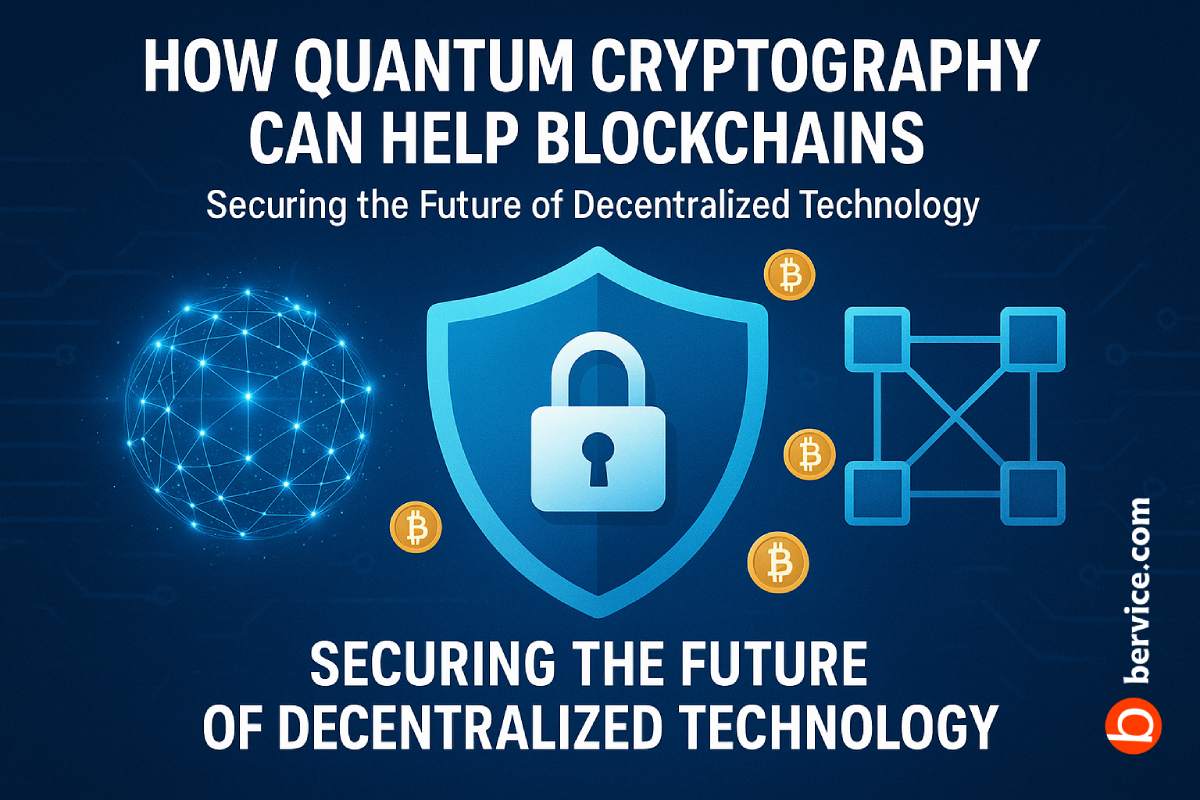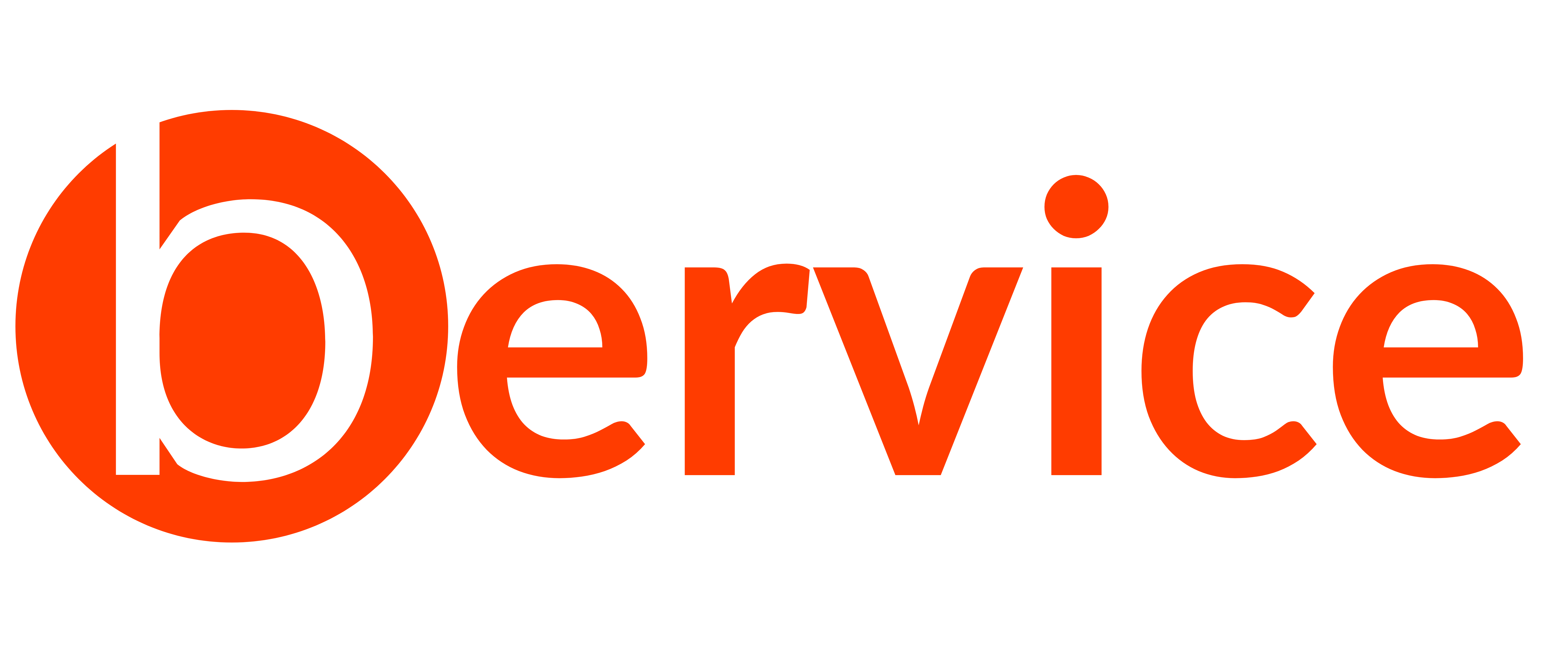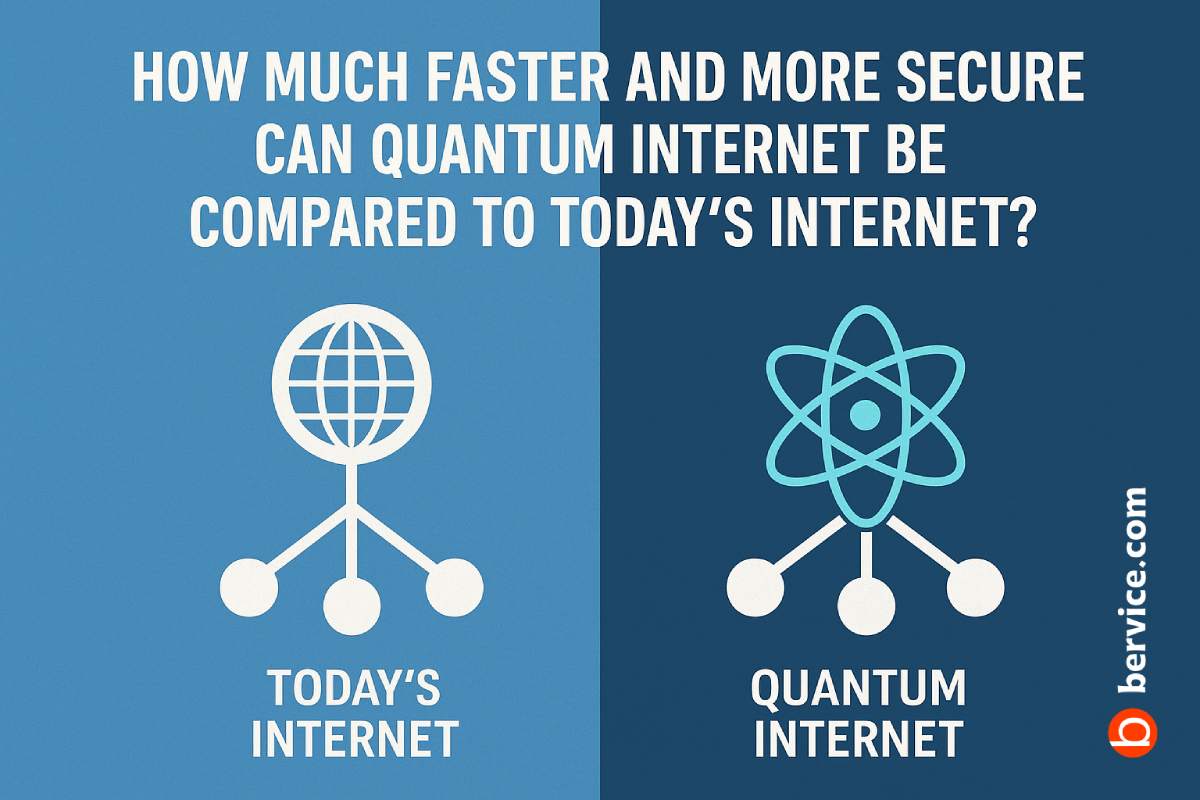
Introduction
Quantum computing is no longer a distant concept confined to research labs — it is rapidly approaching practical applications that could revolutionize industries from cryptography to drug discovery. With tech giants like Google, IBM, and Microsoft investing heavily in quantum research, the question arises: Is the world ready for the massive infrastructural changes that quantum computing will demand? The shift from classical to quantum computing will not be seamless, and it presents both unprecedented opportunities and complex challenges.
The Promise of Quantum Computing
Quantum computers use qubits instead of classical bits, enabling them to process complex calculations exponentially faster. This advantage can transform multiple sectors:
- Cryptography: Breaking traditional encryption algorithms within minutes instead of years.
- Drug Discovery: Simulating molecular interactions to accelerate pharmaceutical research.
- Financial Modeling: Handling massive datasets for real-time market predictions.
- Climate Modeling: Running high-precision environmental simulations for policy planning.
While these possibilities are promising, they also introduce new dependencies on entirely different computational principles — principles that current infrastructure is not fully prepared to adopt.
Key Challenges in the Migration to Quantum Infrastructure
1. Hardware Limitations
Quantum computers require extreme conditions, such as temperatures close to absolute zero, to maintain qubit stability. These cooling systems are costly, energy-intensive, and not widely deployable.
Challenge: Building scalable, commercially viable quantum hardware that can operate outside specialized lab environments.
2. Software and Algorithm Readiness
Most existing software is written for classical architectures. Transitioning to quantum computing requires new programming languages, frameworks, and algorithms optimized for quantum logic. While platforms like Qiskit and Cirq are emerging, they are still in their infancy.
Challenge: Upskilling the global developer community and creating hybrid quantum-classical solutions during the transition phase.
3. Cybersecurity Risks
Quantum computing threatens to render current encryption standards obsolete. Algorithms like RSA and ECC could be broken by Shor’s algorithm in a matter of seconds once quantum systems become powerful enough.
Challenge: Global migration to Post-Quantum Cryptography (PQC) standards before quantum computers can compromise sensitive data.
4. Economic and Policy Barriers
Quantum technology demands massive investments, which may only be accessible to a few global superpowers or tech corporations, potentially widening the digital divide.
Challenge: Establishing international collaborations and policies to ensure equitable access to quantum capabilities.
5. Talent Shortage
Quantum computing combines physics, computer science, and advanced mathematics. The demand for experts far exceeds supply, creating a bottleneck for both research and deployment.
Challenge: Expanding specialized education programs and training initiatives globally.
Are We Ready?
In short, not entirely. While progress in quantum hardware, algorithms, and cryptographic defenses is accelerating, the ecosystem of supporting infrastructure, talent, and governance frameworks remains underdeveloped. The transition to quantum computing will likely follow a hybrid model, where classical and quantum systems coexist until the technology becomes stable and affordable enough for mass adoption.
Conclusion
Quantum computing represents one of the most significant technological shifts of the 21st century. Its successful integration into global infrastructure requires a strategic, multi-layered approach:
- Developing scalable and affordable quantum hardware.
- Training a global quantum-ready workforce.
- Updating cybersecurity protocols with post-quantum encryption.
- Creating international policies for equitable access.
The race is on — but readiness will depend on how fast governments, industries, and academia can align technology, policy, and education to meet the demands of the quantum era.
Connect with us : https://linktr.ee/bervice




